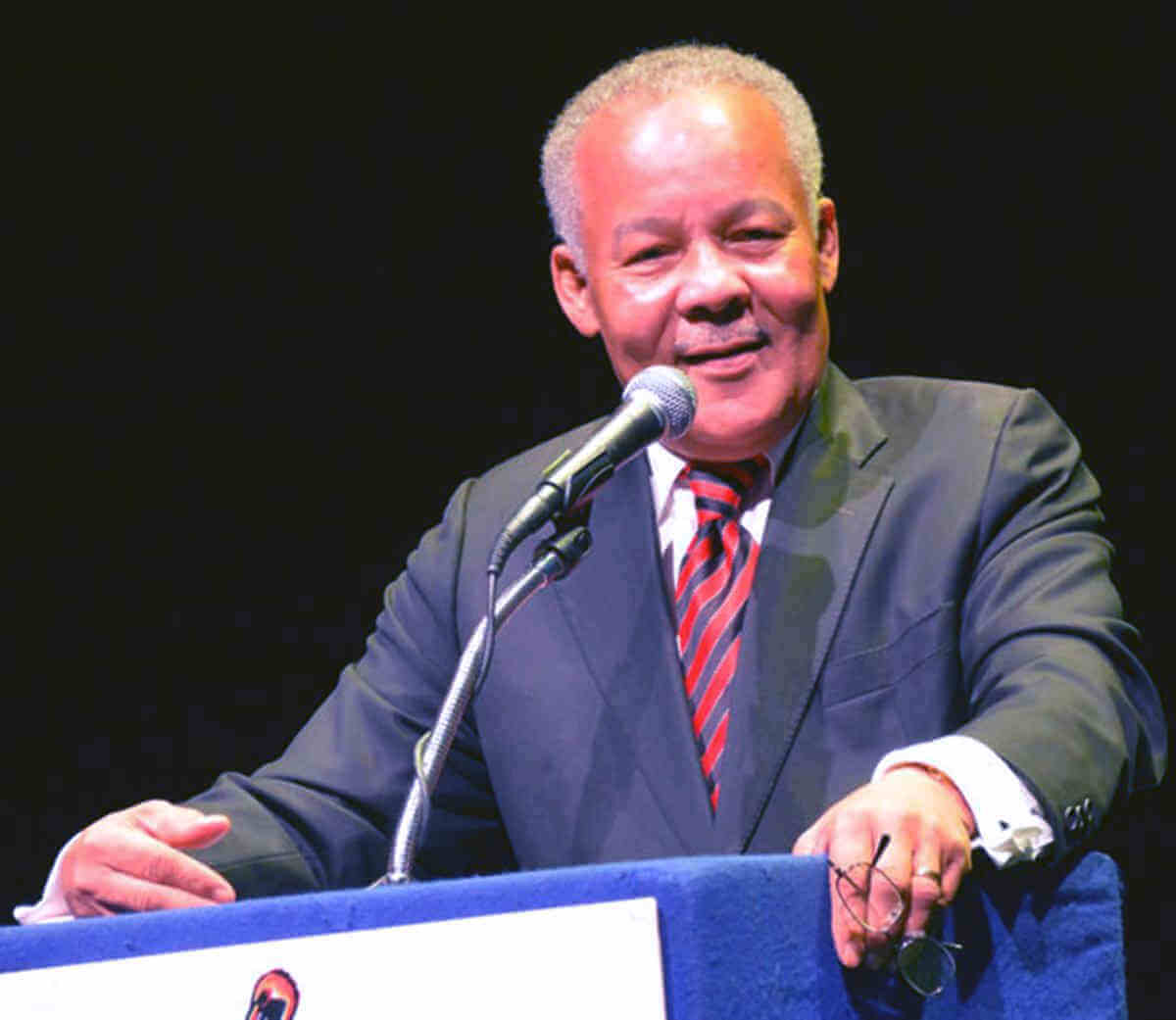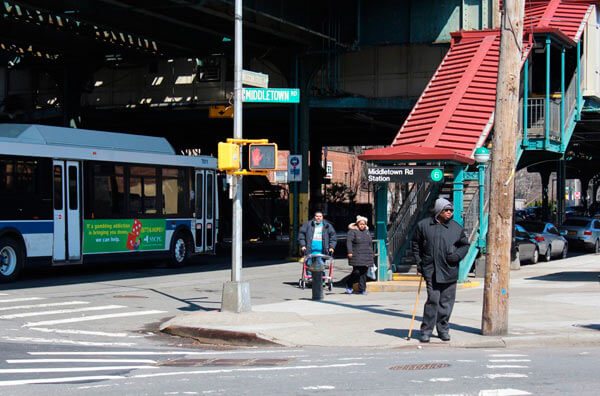Former Barbados Prime Minister, Owen Arthur, was Thursday appointed new LIAT chairman and with the announcement this week also came news that travellers will have to wait another two years for 25 percent reduction in fare charges.
Information on the deferred Caribbean Development Bank (CDB) recommended decrease dampened enthusiasm associated with appointment of the veteran economist, Barbados’ most successful leader financially, though he was not behind the decision.
Reports coming out of Antigua quote Prime Minister Gaston Browne saying that the deferment decision was taken at a meeting of government owners Monday.
CDB the main lender to the struggling airline, had recommended in a 2018 report this lifeline to most small Caribbean territories should cut is fares by 25 percent, positing that lowered fares would result in increased travel, by 10 percent, and make up for the initially lost revenue. That economic move was supposed to begin in 2020.
Browne however said after the shareholder governments meeting, “the problem is whether or not we have the fiscal space to give up 25 per cent of that revenue”.
Liat’s airfare comprises 50 percent taxes and fees.
Browne said the company needed additional time to reduce more of its debt that is being repaid mainly by the taxes, “what we have to do is hold taxes for the time being and maybe in a few years we’re in a better position especially [with] reduced the debt then we can have a reduction.”
Though the Antiguan prime minister gave a two-year timeline, he explained that the fare reductions will be phased in, meaning that 25 percent reduction is further away than two years.
He said that to cut that amount in one fell swoop would, “create a fiscal problem or, let’s say, financial challenge for all of the airport authorities within the region.”
Liat’s previous long-serving chairman, Jean Holder, had retired and the Barbados Nation newspaper quoted Browne saying that Arthur was a natural choice for the position.
“Owen Arthur spent a large amount of his prime ministerial equity ensuring the survival of LIAT, and now that it is at the crossroads again, I think he is the right person to lead LIAT out of these difficulties.”
A Liat statement indicated that among Arthur’s early tasks is “to undertake a special assignment to meet with regional prime ministers to discuss sustainability of the airline.”
Arthur, prime minister from 1994 to 2008 and currently a professor of practice at the University of the West Indies, pointed out to the Nation newspapers that during his PM tenure the regional airline was at one period about to fall into the hands of now-disgraced billionaire Allen Stanford but a group of Caribbean shareholder governments intervened to keep it flying under the LIAT banner.
“We said we were not going to let that happen, and that is how Barbados became the majority [49 percent] shareholder in LIAT.”
He said regional air travel could have been put at risk had Caribbean governments allowed LIAT to fail.
Arthur added that LIAT also enabled Barbados for many years to remain an airline hub for the Eastern Caribbean and develop its tourism product to what exists today. “Barbados owes a lot to LIAT,” he stressed.




















